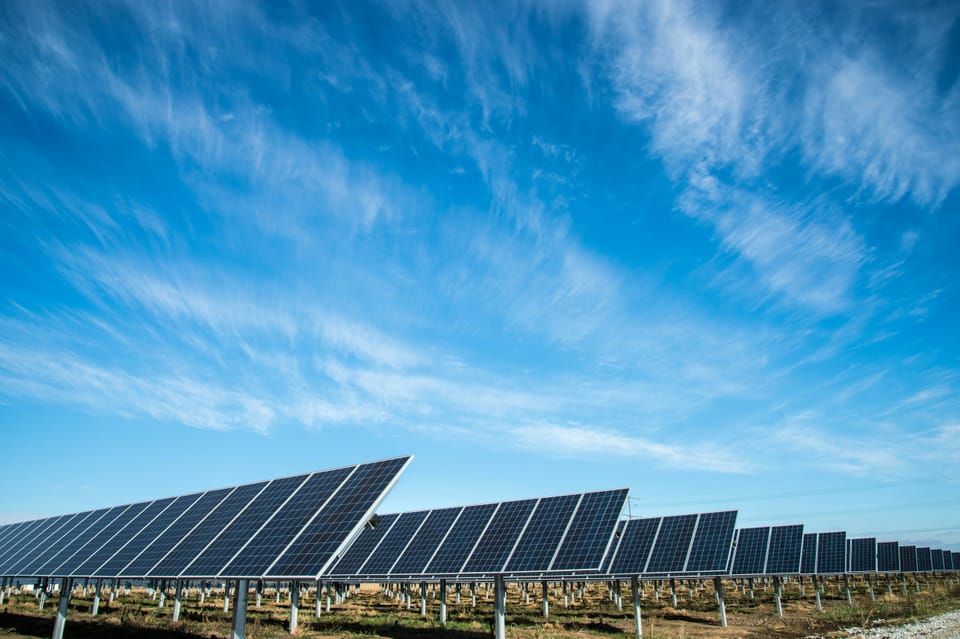German 2025 budget includes 'record investment' in renewables, says Scholz

Germany on Friday clinched a 2025 budget deal including “record investments” in renewable power and industrial decarbonisation, Chancellor Olaf Scholz and his cabinet said.
Scholz, together with economy minister Robert Habeck and finance minister Christian Lindner, agreed to adhere to a so-called “debt brake” designed to limit government borrowing while still jointly deciding on a growth package aimed to stimulate the economy.
The 481 billion euro ($521 billion) draft package is designed to tap the country’s decarbonisation efforts as a mechanism for industrial recovery. It will include a wide range of investments in climate and energy policy, such as tax write-offs for decarbonisation investments for companies, increased support for public transportation, and efficient building modernisation, the government said.
The government also extended until 2030 an agreement reached last year on measures to support Germans in the face of high electricity prices. They also promised to permanently reduce the electricity tax for current beneficiaries to the EU minimum.
Industry organizations were skeptical of the hype.
"With the draft budget, the federal government is expressing its clear will to further strengthen the importance of renewables for energy and supply security as well as for compliance with climate targets,” said Simone Peter, leader of the German Renewable Energy Federation (BEE), in a statement. “Some milestones have been set for this, but there is also the threat of unknown signposts that could create new uncertainty and barriers to investment. The industry is warning against experiments in an area of growth that is important for the future location.”
The deal comes after several months of negotiations wrought by a cost of living crisis and made difficult by the constitutional limit on new borrowing. Discussions regarding clean energy were also complicated by a ruling by the country’s high court last year declaring 60 billion euros redistributed from a 2021 pandemic fund to the Climate and Transition Fund unlawfully booked.
After the November 2023 ruling, Scholz said the government would continue to pursue its green transition plans despite the budget crisis, but also endorsed austerity measures that industry associations and environmental groups have warned could negatively impact the energy transition. Before the end of 2023, the German government cut the special climate fund by 45 billion euros until 2027 to make the budget comply with the constitutionally enshrined cap on spending.
State of energy in Germany
Germany generated more power from renewable sources in the first half of 2024 than at any other time in history, according to a recent report from the Fraunhofer Institute for Solar Energy Systems (ISE).
The German organization found that 65% of the country’s net public electricity generation came from renewables, while the generation of fossil fuels continues to decline, as do energy prices on the exchange.







Member discussion